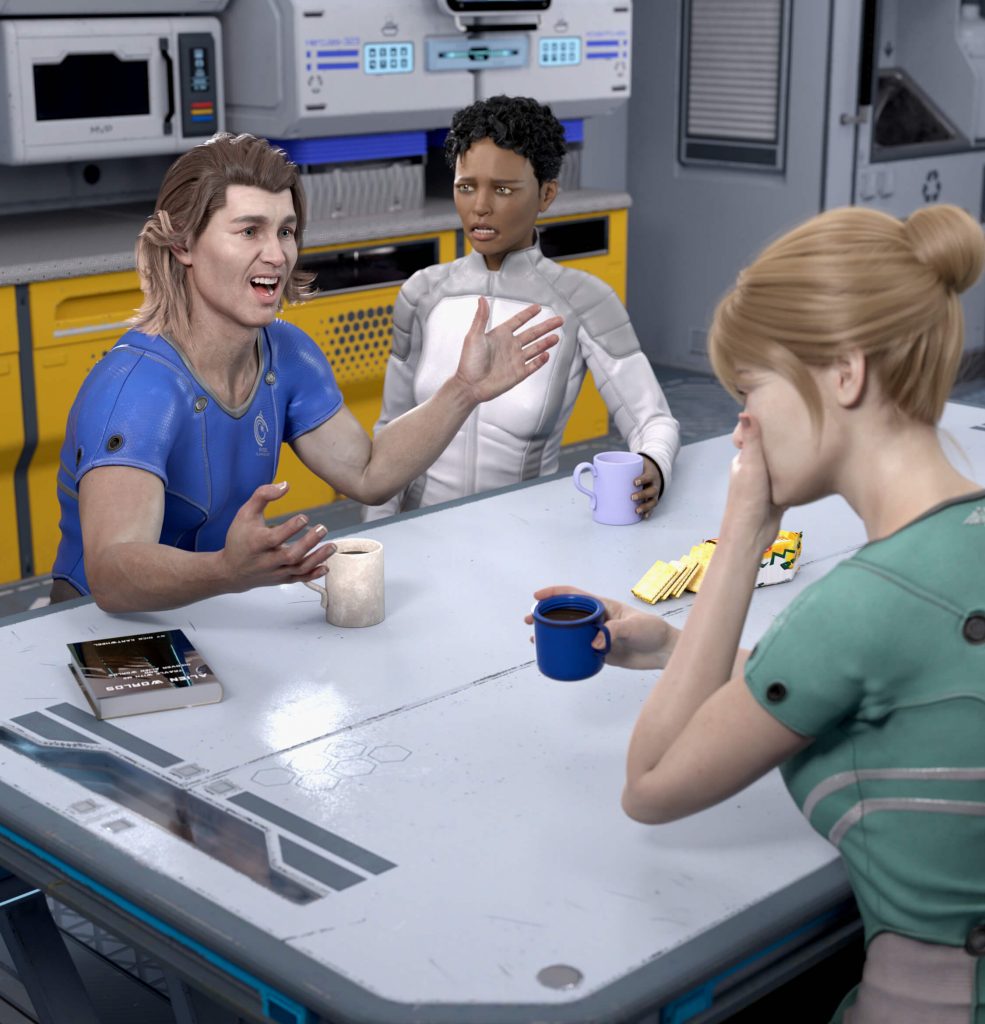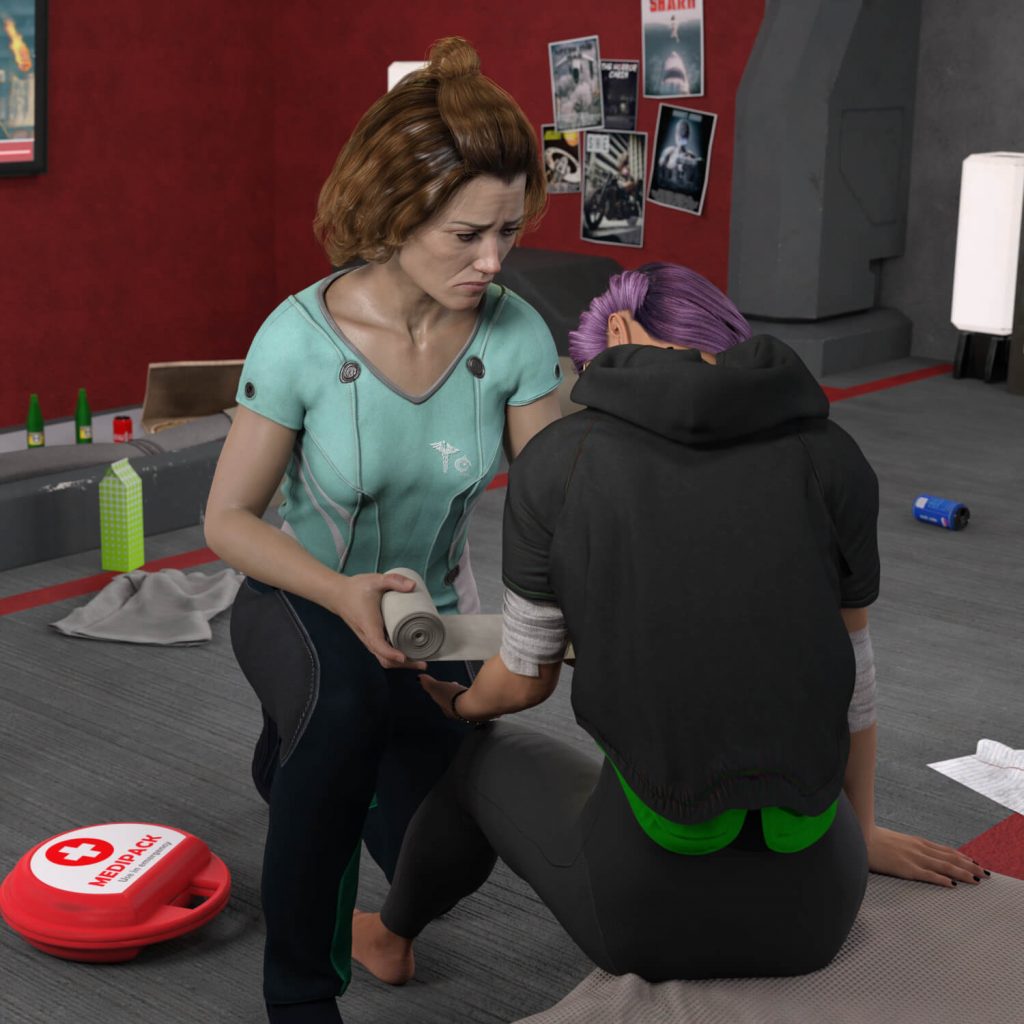- +44 (0)7312 869921
- sargassogames@gmail.com
- Mon - Fri: 9:00 - 18:30
Zeno is characterized by four key features. These define the nature and the style of the game. Key features were defined early in development so the game has grown up naturally around them.
Engagement
Zeno is designed to keep players engaged throughout.
There is minimal downtime. Players take turns in clockwise order until the game ends, with modest adjustments at the end of each turn. As the game matures and the focus shifts from exploration to staying alive, the turns on average speed up.
Players are involved in each others turns, directing the outcome of key events by playing cards from their hand. You will have important decisions to make during your turn and also during the other players turns; decisions that will have consequences for all of you. After your turn is finished you will not simple wait until your next turn. You will have things to do!
There is no early elimination in Zeno. If your last survivor is eliminated prior to the endgame the game ends in defeat for all players. Since the most dangerous challenges you will face are chosen for you by the other players, it is in their interests to keep your survivors safe.

Co-operation
While Zeno is a semi co-operative game, it plays much like a fully co-operative game, at least until the final stages.
You can only win if the players jointly evacuate the required number of survivors and survivors only count if the affected player has completed their mission. It is therefore in your interests for the other players to gain new survivors and complete their missions. Likewise it is in their interest to help you. Allowing the aliens to overrun the Riga helps no-one.
In the closing stages of the game players who have not completed their mission will find themselves under pressure, especially if the other players have the required number of survivors between them. Until then the game is strongly co-operative.
There is no traitor or betrayal mechanic in Zeno. Players work together to complete their objectives and rescue survivors.

Storytelling
Zeno has been designed to enable interesting stories to emerge. The Riga is not a naval installation. Nor is the shuttle delivering your initial survivors some kind of military transport. While a few Survivors are officers or troops, most are regular people and they are a diverse group.
Each survivor has a personal mission, but this can be supplanted at need with a new mission. These faction missions have a cost, though, sometimes putting you on a collision course with the group.
As you attempt to complete your mission you will have to assess your single mindedness. How much do you wish to help the group rather than yourself? Will your survivors lead Aliens away to help others? Will you hold a hatch against a raging multitude so others can complete their mission?
The ingredients for compelling stories are all there; Missions, Scenes, Aliens, Weapons and a great variety of interesting equipment, from space suits to android psychologists. Perhaps you will abandon your personal mission for a faction mission, in which case hate, betrayal, infatuation and religious zeal are all in the offing.

Speed of Play
The tempo of the game is maintained by various means.
While there are no restrictions on general game chat, players cannot coach or direct each other. Zeno is not a game in which the players pause to work out a grand scheme to win or interrupt each others turns to give advice. The reason for this is that your hand holds cards that may have a significant impact on the other players, depending on their actions. For this reason you are not in a position to give impartial advice. Players must make their own decisions.
Turns are quick. The actions available to you are several, but not complex. You do not have enough information to analyze every possible outcome. The other players know more, but since they cannot confer with you regarding them, you will have to do the best you can.
Cards are aggressively streamlined, using art and poetry to convey what is happening. There are no lengthy narratives to read out. The game is itself a modular narrative which you build as you go along, one card at a time.


